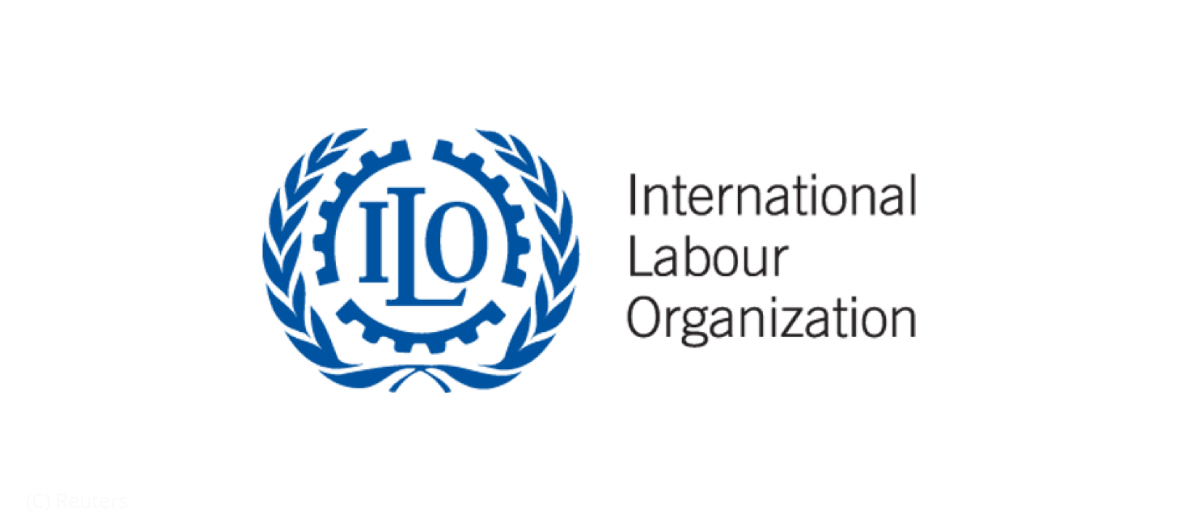
coronavirus crisis has greatly impacted the global economy
The coronavirus crisis has greatly impacted the global economy. Simultaneously, a huge number of workers in the informal sector have suffered from lockdowns all over the globe. Especially, daily wagers who were laid off without getting any proper protection in social security. Stranded all of a sudden in many nations without travel expenses or food.
Leading many laborers on the very edge of poverty, incapable to take care of their families. Catelene Passchier, Chair of the Workers’ Group of the ILO Governing Body shares her perspectives on the approaches expected to recuperate from the Covid-19 pandemic.
The International Labor Conference (ILC) agenda would have been important to talk about, particularly on the Covid-19 crisis as it was supposed to start its work today. Including social security and inequalities at work, also significant tasks executed by the Committee on the Application of Standards.
We will presently need to ensure that these issues get highlighted in the following year’s ILC program and that the challenges and risks uncovered by Covid-19 will be considered in future work, Passchier stated.
Health care workers and various fields of care additionally faced the greatest challenges due to overwhelming hospitals, risking their health, and lives at work with a lack of Personal Protective Equipment (PPE). ILO must address this issue as a high priority on their agenda. Simultaneously, a huge number of laborers are losing their jobs due to the Covid-19 lockdown in numerous countries.
There is a dire requirement for a global effort to implement universal social security by funding and investing in it, particularly to support the least fortunate nations with adequate financial support.
The Economic crisis during coronavirus has impacted many sectors, such as the hospitality sector, hotels, restaurants, the aviation sector, garment sector, fashion industry, MSME sector, and many more. This has increased the burden on the worker with poor wages, and poor working conditions as well.
As per Catelene Passchier, the aftermath of the coronavirus crisis is economically, physically, and mentally devastating for millions of workers around the world.
However, the need for fast and fair recovery is a must but confronting this terrible global crisis it’s getting tougher. However, labor unions in various nations and regions are backing workers’ rights and urging for their protection.
The ILO keeps reminding nations about the key role that social discourse, social justice, and respect for labor rights must play in the future strategies for fighting the coronavirus pandemic.
Various key points that can help address the issue: – There is an indispensable need to reinforce the public sector. Mostly, an overlooked component of this crisis is its effect on migrant workers.
It is high time; that the decade-old inflexibility and neo-liberal policies should change that has left public services and the public sector inept to find answers to the global crisis.
According to the ILO, reform is required in the public administrations and the public sector, with immense investments to ensure people appreciate widespread access to health insurance, water, cleanliness, food, and shelter, with respect for workers’ rights, including good wages.







